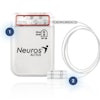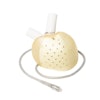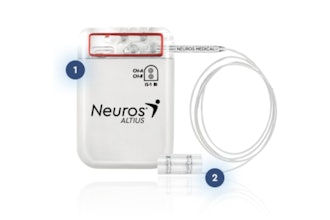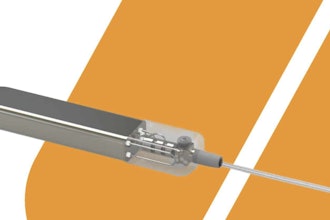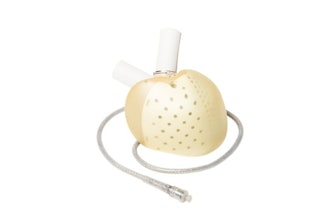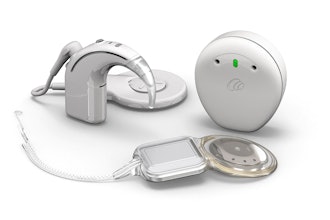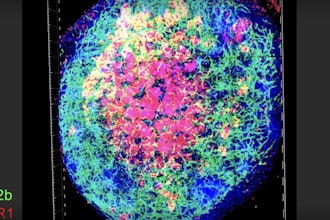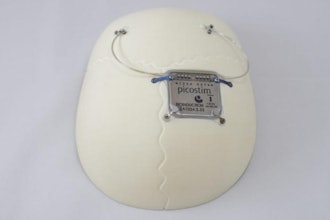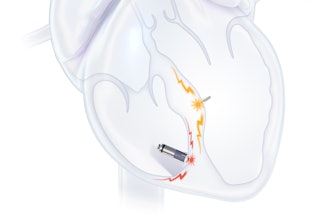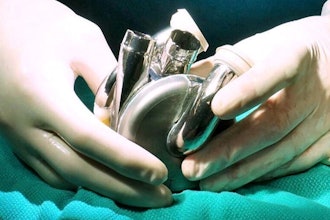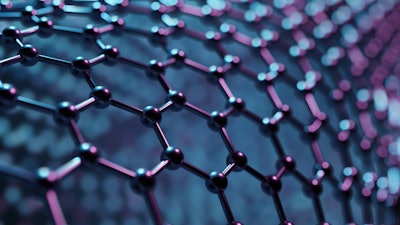
Since its founding in late 2013, Cardea's scientists have been developing a mass-produced biocompatible semiconductor - the BPU (Biosignal Processing Unit) - also called a graphene Field Effect Transistor (gFET) or graphene biosensor.
"20 years ago we started seeing signs that carbon-based electronics were going to succeed at integrating biology and electronics where existing semiconductors had failed. However, at that time, no one had the technical understanding or experience necessary to create a scalable system concept. This is what we've done at Cardea in creating our BPU platform of wetware, nanoware, hardware, and software modules. It's because of that scalability that I'm immensely proud to say that this year we reached over half a million sensors produced in total and we believe we have the capacity to reach more than one million in 2023," said Cardea CTO Brett Goldsmith.
"Not only did they have to overcome the challenges to incorporate new materials and production concepts but think of the very basic idea: They're measuring the electronic signals from biology in liquids and salts on top of a semiconductor, which would almost instantly render any silicon-based chip useless. Cardea is - both in terms of production capacity and quality, as well as IP - the world's leading company in graphene biosensors. They have a significant capacity to revolutionize medical diagnostics sooner than most people think," said Dr. Kurt Peterson, a member of Cardea's Innovation Council.

